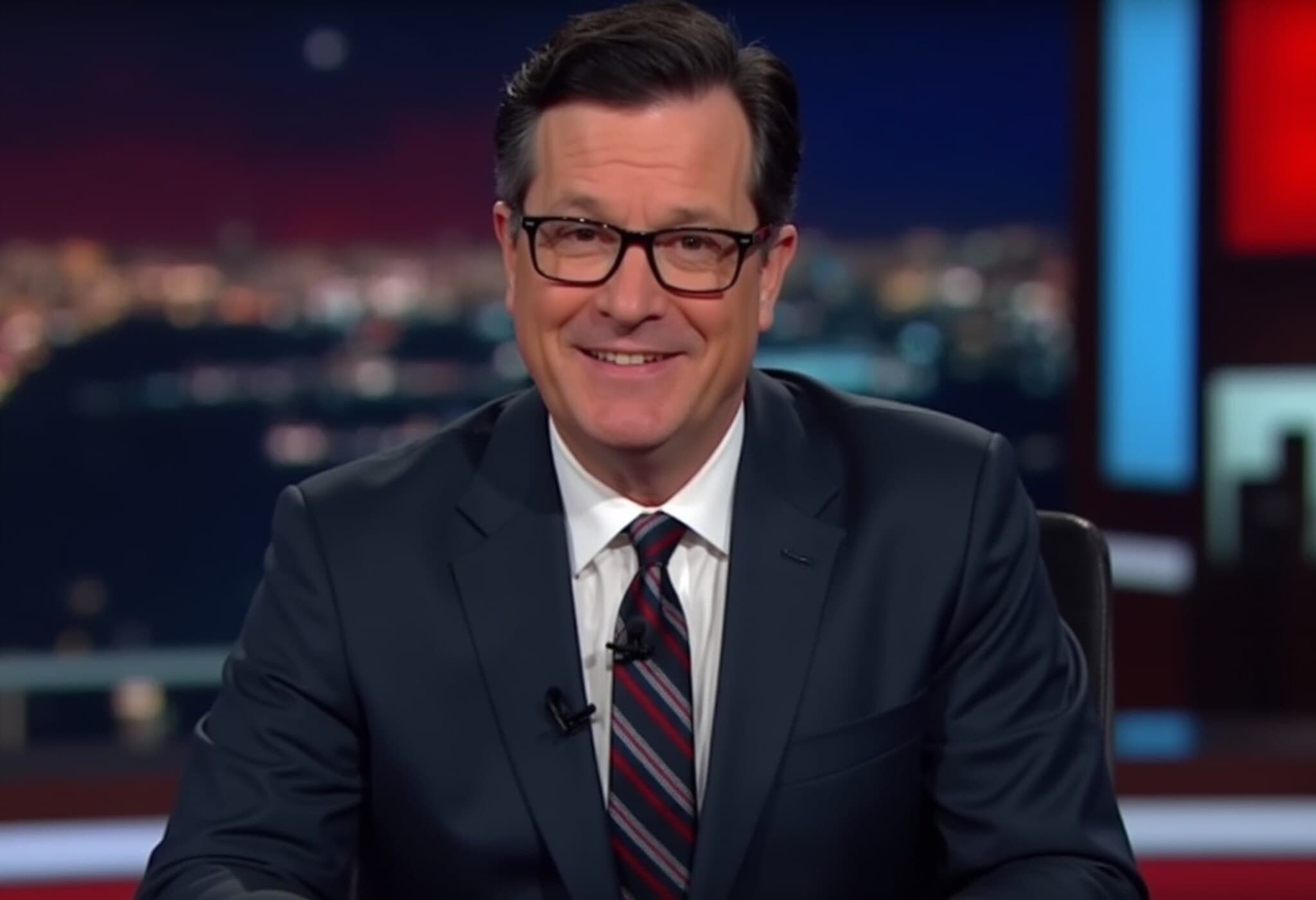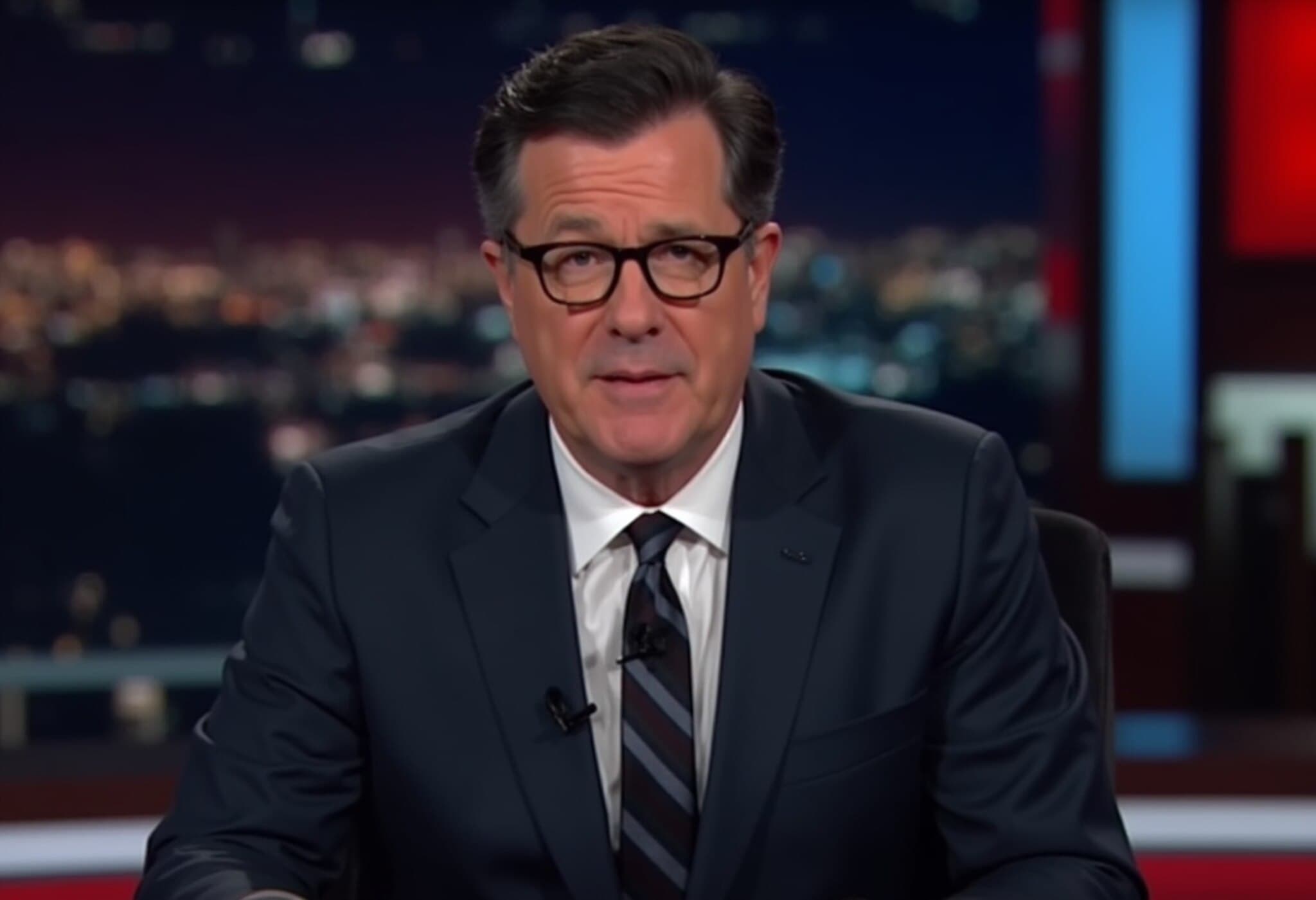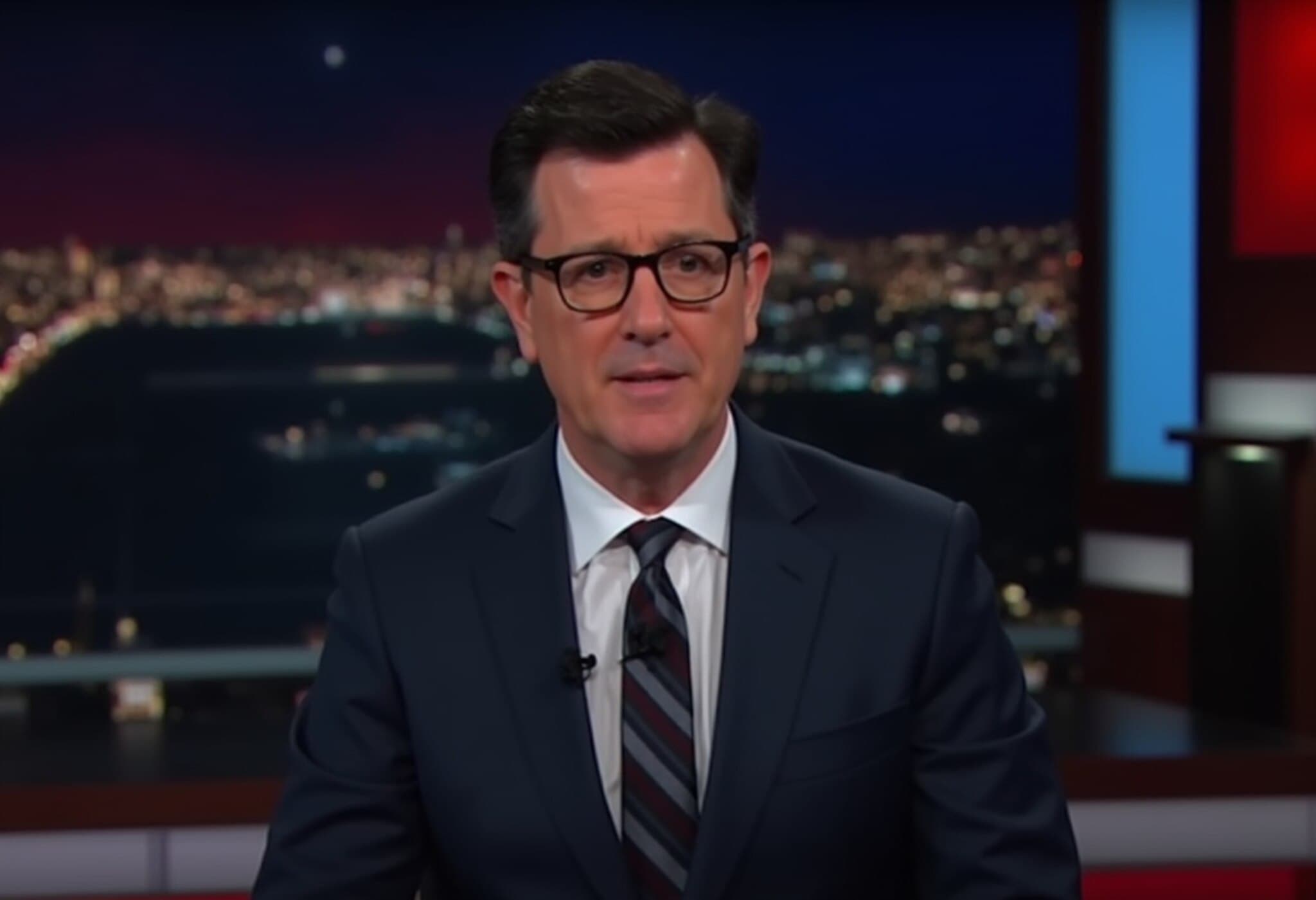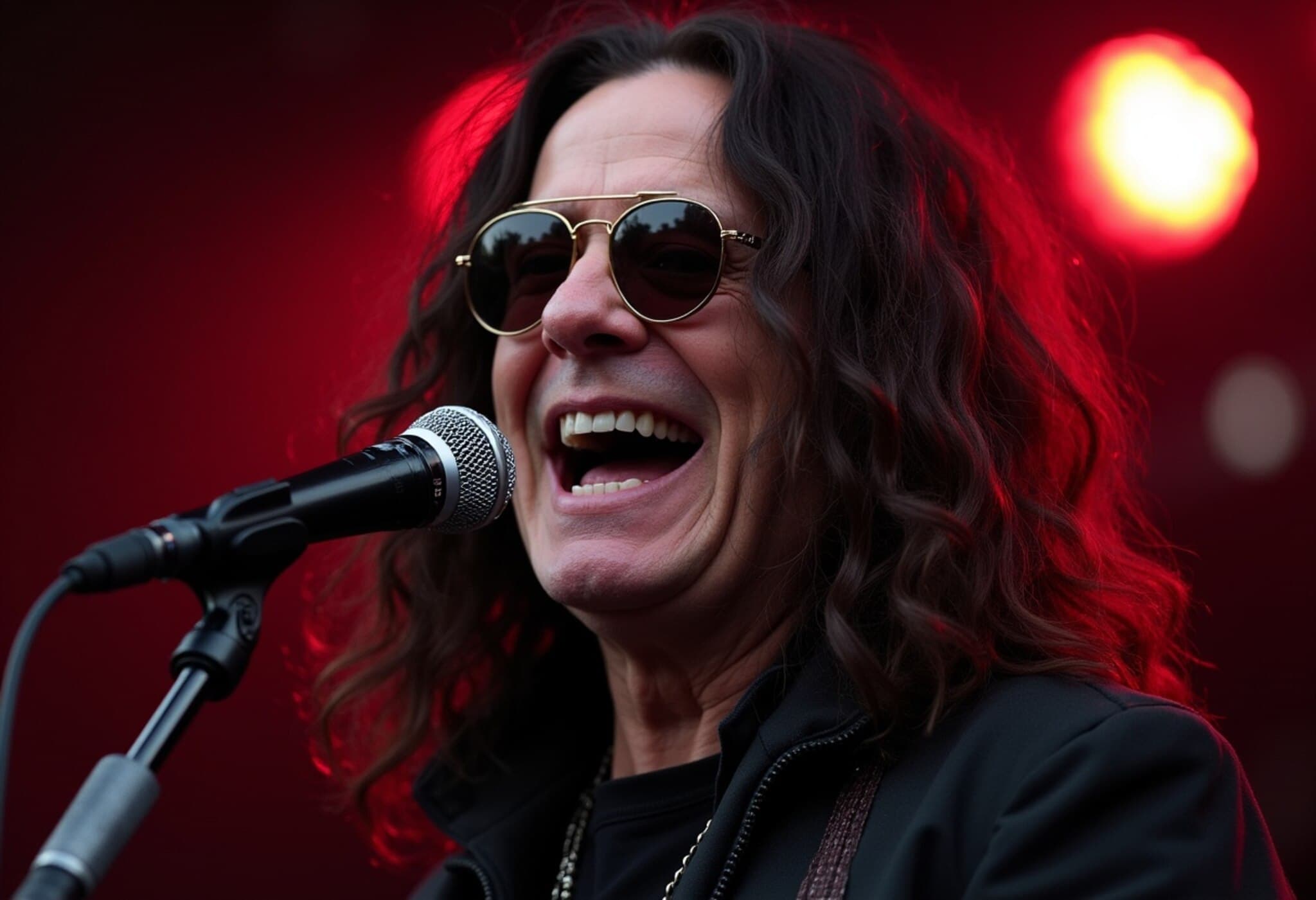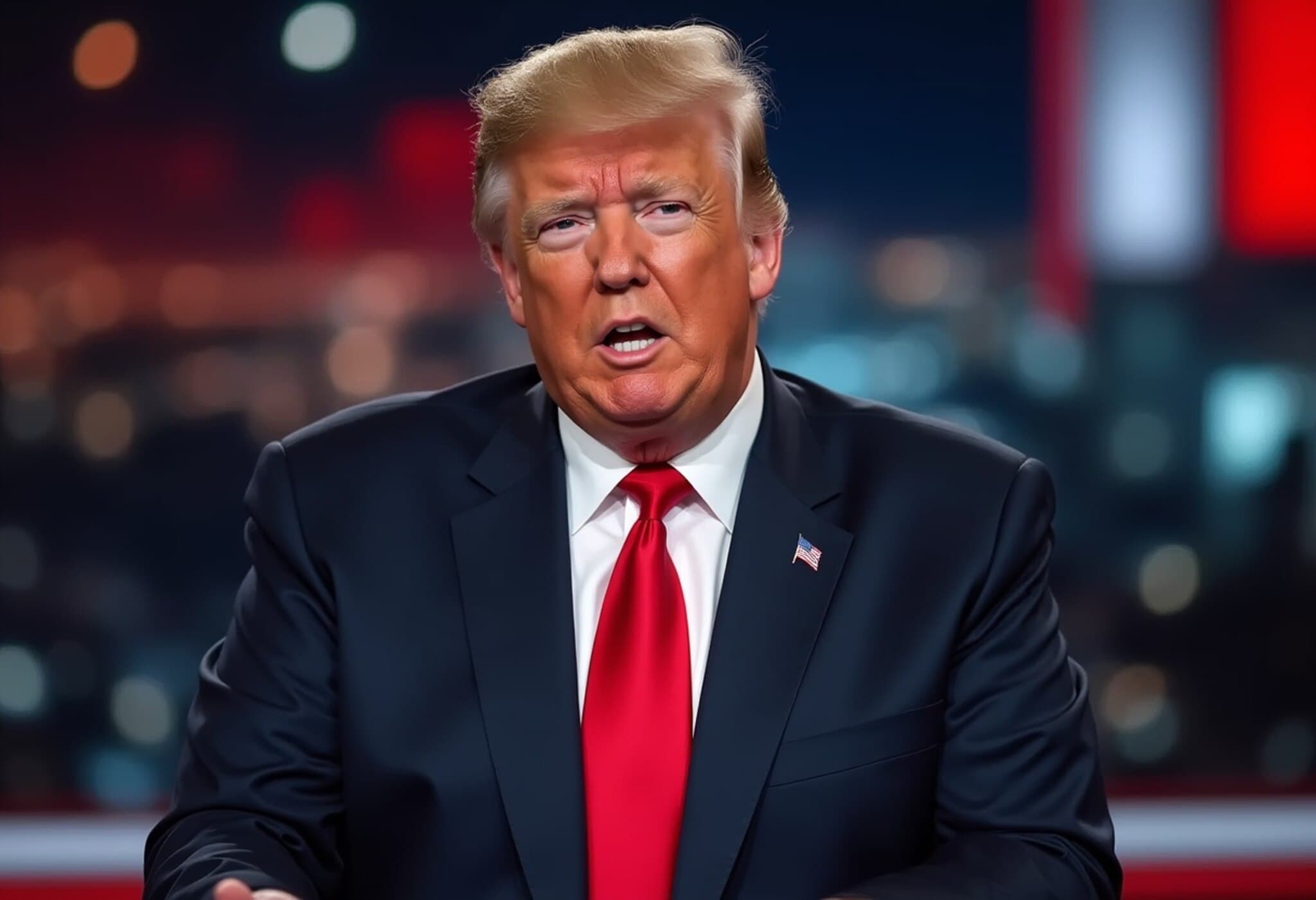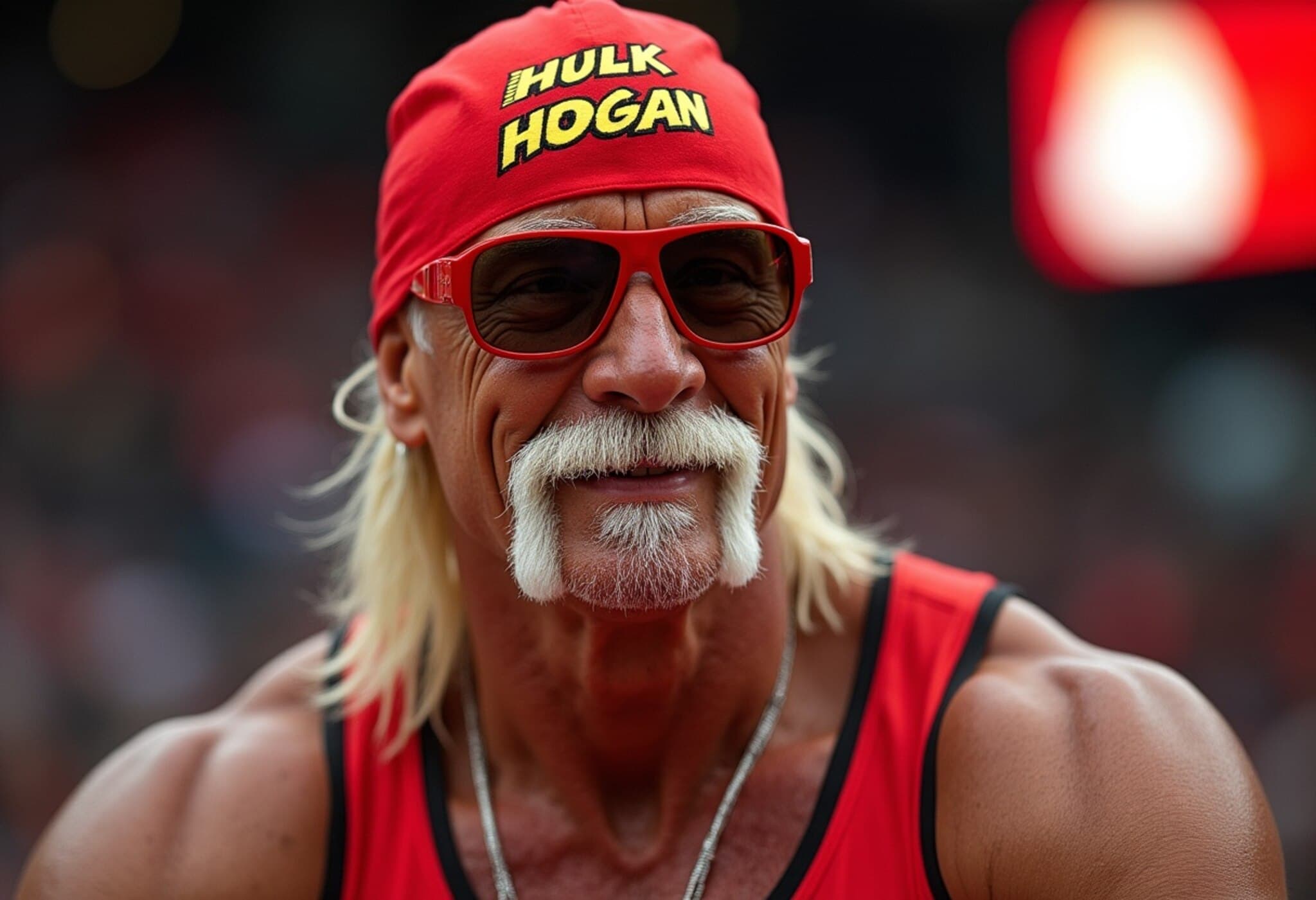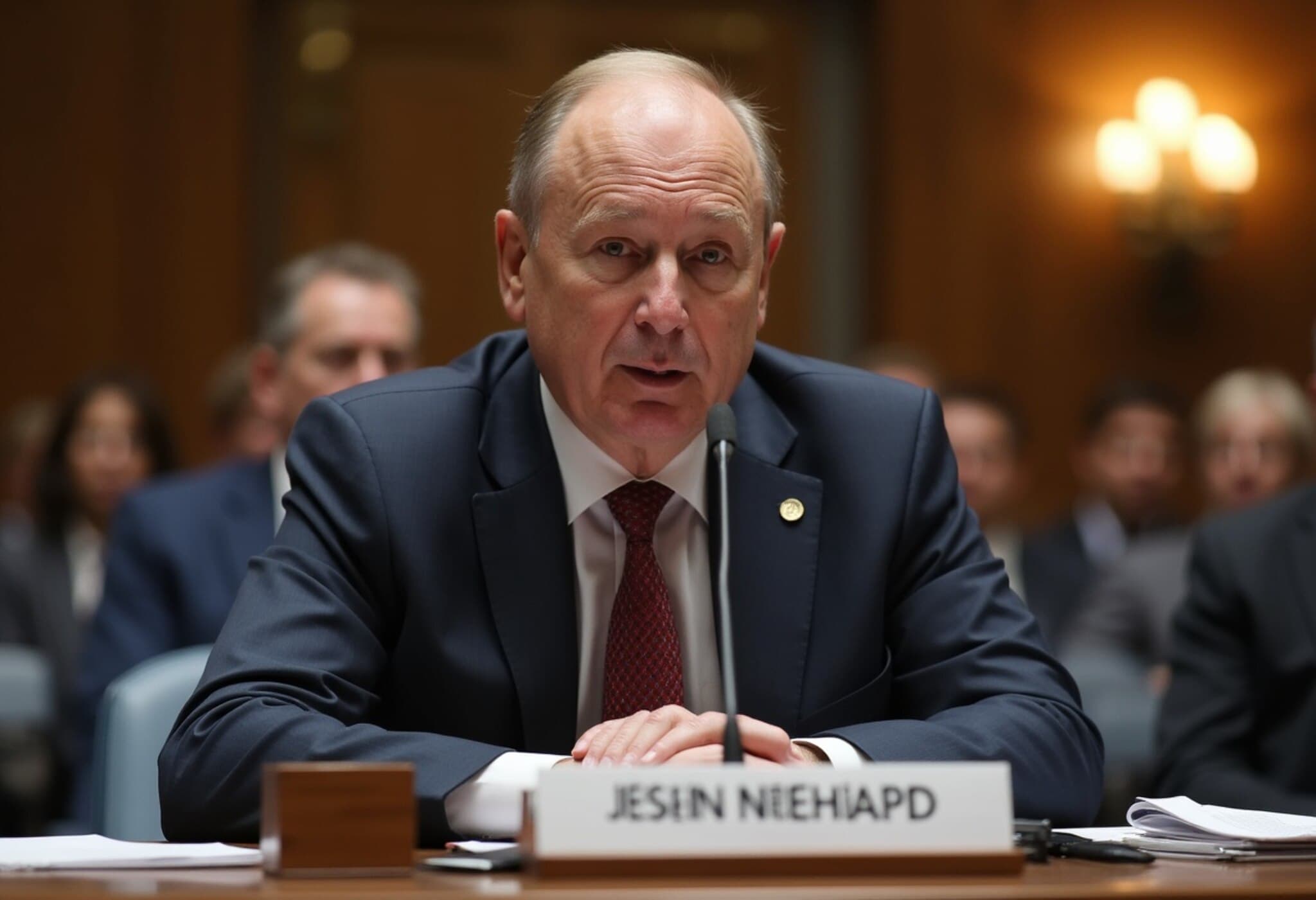End of an Era: CBS Cancels 'The Late Show with Stephen Colbert' by May 2026
After nearly a decade of sharp political commentary and nightly laughter, CBS has announced it will discontinue 'The Late Show with Stephen Colbert' in May 2026. The decision marks a significant shift for the network, which will exit the late-night television landscape, despite the show’s consistently high ratings and cultural relevance.
Financial Pressures Behind the Curtain
CBS cites financial challenges as the primary reason for ending the long-running program. Industry insiders and official statements have pointed to declining advertising revenues that have rendered even top-rated shows like Colbert’s unprofitable. This downturn mirrors broader trends across traditional television, where networks grapple with changing viewer habits and competition from streaming platforms.
- Paramount, CBS’s parent company, recently laid off 3.5% of its workforce, highlighting cost-cutting measures.
- The network’s upcoming merger with Skydance Media signals major strategic realignments that may deprioritize expensive late-night productions.
Political Undertones Fuel Debate
The cancellation has ignited speculation about political motivations, especially given Colbert’s well-known critique of former President Donald Trump. This curiosity intensified following a recent legal settlement between Paramount and Trump’s organization, which Colbert openly condemned on his show as reminiscent of a “big fat bribe.”
Despite CBS’s clear statement that content, political viewpoints, or show performance did not influence the decision, skepticism lingers. The swift end of another CBS late-night program, The Late Late Show, and its lower-cost replacement earlier this year adds complexity to the network’s strategic picture.
Voices from the Community
During the announcement taping, Colbert shared the news with heartfelt sincerity, telling audiences, “Next year will be our last season. It’s the end of 'The Late Show' on CBS.” The response was one of shock and sadness from fans and viewers worldwide.
Senator Adam Schiff, who appeared as a guest on the show’s final episode, publicly questioned the network’s decision on social media, urging transparency: “If Paramount and CBS ended 'The Late Show' for political reasons, the public deserves to know. And deserves better.”
The Legacy of 'The Late Show'
'The Late Show' has historically been a flagship CBS program since the 1990s, originally under the stewardship of David Letterman. Stephen Colbert redefined it from 2015 onward, injecting incisive political humor particularly in reaction to the Trump era, which helped the show earn record ratings for the network in that time slot.
Colbert’s influence extended beyond entertainment, shaping public discourse and holding political figures accountable through satirical critique — a role that late-night TV has often played in American culture.
What Comes Next?
The end of 'The Late Show' on CBS signals broader changes in how networks value and approach late-night programming amid evolving market and political dynamics. Industry analysts anticipate more shifts as parent companies consolidate and refocus their strategies to remain competitive in the digital age.
For audiences, this marks the close of a significant chapter in late-night television history—one characterized by bold wit and fearless commentary.
Editor’s Note
While CBS underscores financial reasons for the show's cancellation, the timing and surrounding political context invite deeper questions about the intersection of media, politics, and corporate strategy. How will networks adapt in a polarized environment where satire and criticism are seen as risky? Stephen Colbert’s farewell is not only the end of a beloved show but also a signal to watch for shifts in the broader media ecosystem that shapes American public opinion.

